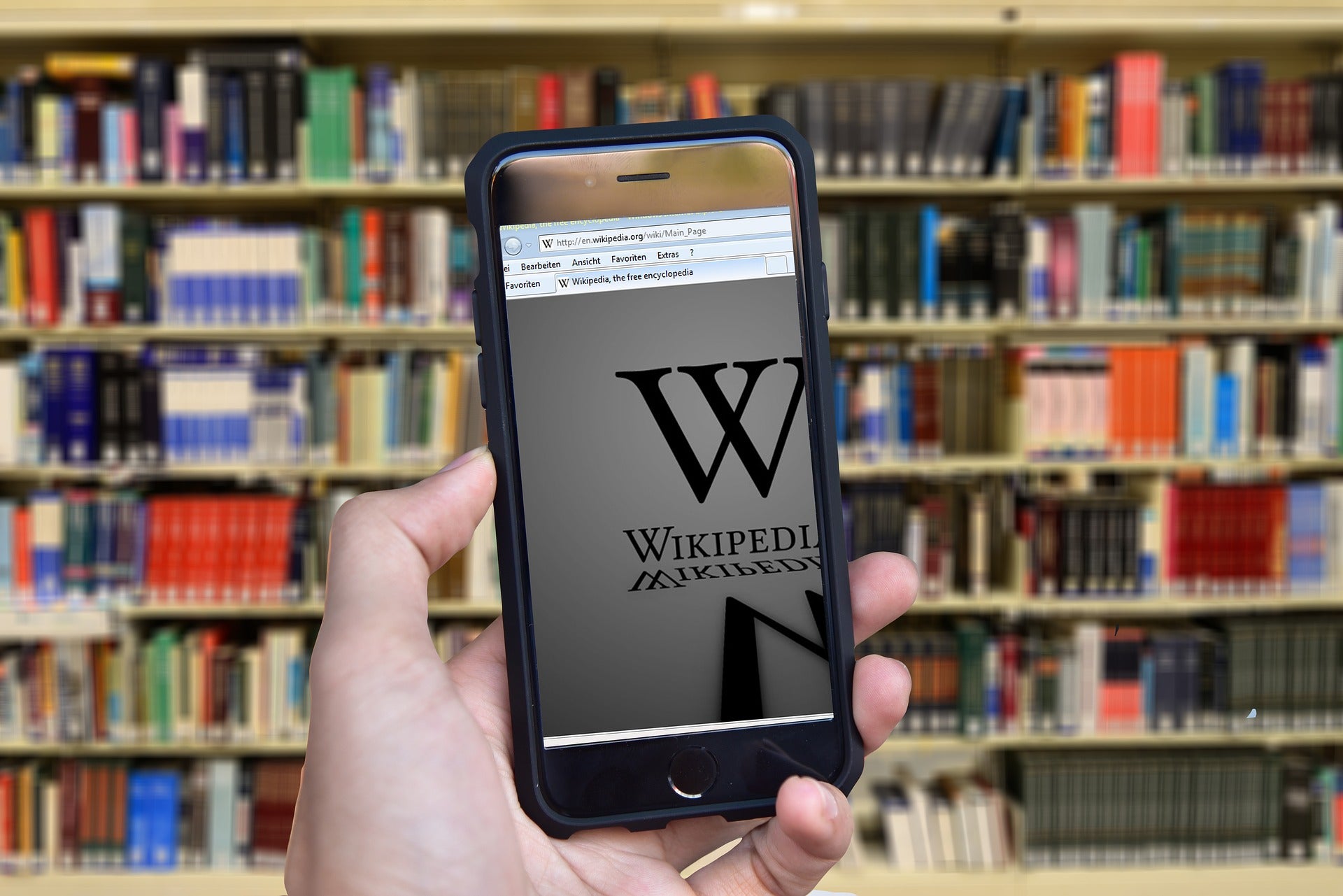Wikipedia could soon be banned in UK over upcoming age verification rules
Site would not be able to comply with requirement to moderate all content, it says

Wikipedia could be banned in the UK after it committed not to comply with the upcoming Online Safety Bill.
The controversial legislation has already drawn similar responses from companies such as WhatsApp, which also said that it would not abide by new rules and could be forced out of the country as a result.
Wikipedia’s specific objections come to parts of the bill that require websites that include content that could be harmful to children to include age verification checks. The Wikimedia Foundation, which runs Wikipedia, said that it fears that some content – such as educational content about sexuality – could be included in that.
If that does happen, and it is asked to include age verification checks, it would refuse to comply. Rebecca MacKinnon, from the Wikimedia Foundation, told that BBC that doing so would “violate our commitment to collect minimal data about readers and contributors”.
That in turn could leave the app facing sanctions in the UK, and that it could be blocked in the country if it does not comply.
It has already said that the website could lead to major problems with the way the site operates, given the vast amount of new content that is being added all the time and the difficulty in moderating it. It has said the Online Safety Bill would also cause problems by forcing it to moderate articles, rather than the volunteers that currently do so.
In the House of Lords this week, heritage minister Lord Parkinson said that the bill would probably not include Wikipedia and that it was focused on “only services which pose the highest risk to children will use age verification technologies”.
But Lucy Crompton-Reid, from Wikimedia UK which is affiliated with the foundation, told the BBC that the remarks were reassuring but that it did not want to rely on the goodwill of the government.
As such, she said it was “definitely possible that one of the most visited websites in the world - and a vital source of freely accessible knowledge and information for millions of people - won’t be accessible to UK readers (let alone UK-based contributors)”.
Ms Crompton-Reid’s concerns echoes comments from messaging apps, which have expressed concerns about other parts of the bill. Platforms such as WhatsApp and Signal have said that the legislation could require them to be able to moderate all messages that are passed through their systems – a requirement that would be technically unfeasible because of security settings that they have committed not to weaken.
The government has said that the bill is not intended to weaken that security, and has occasionally suggested that the end-to-end encryption technology that powers those apps will still be allowed. But they have argued that those assurances should be written into the legislation, so that the powers in the law cannot be abused at a later date.
The announcement came shortly after the Wikimedia Foundation was punished by a Russian court over an article about the war in Ukraine. Wikimedia was fined two million roubles ($24,510) for not deleting what Russia said was “banned content” related to the Russian military, Interfax reported.
It said this was the seventh fine imposed on Wikimedia in 2023 for not removing prohibited information. The fines now total 8.4 million roubles.
The latest penalty was for not removing an article about a military unit that contained “classified military information” about its location, composition and equipment, including information related to the progress of what Russia calls its special military operation in Ukraine.
Wikimedia did not immediately respond to a request for comment. It has previously said information that Russian authorities complained about was well-sourced and in line with Wikipedia standards.
Wikipedia is one of the few surviving independent sources of information in Russian since a state crackdown on online content intensified after Moscow invaded Ukraine last year.
“We are not blocking Wikipedia yet, there are no such plans for now,” Interfax quoted digital affairs minister Maksut Shadaev as saying last week.
Additional reporting by Reuters
Join our commenting forum
Join thought-provoking conversations, follow other Independent readers and see their replies
Comments
Bookmark popover
Removed from bookmarks